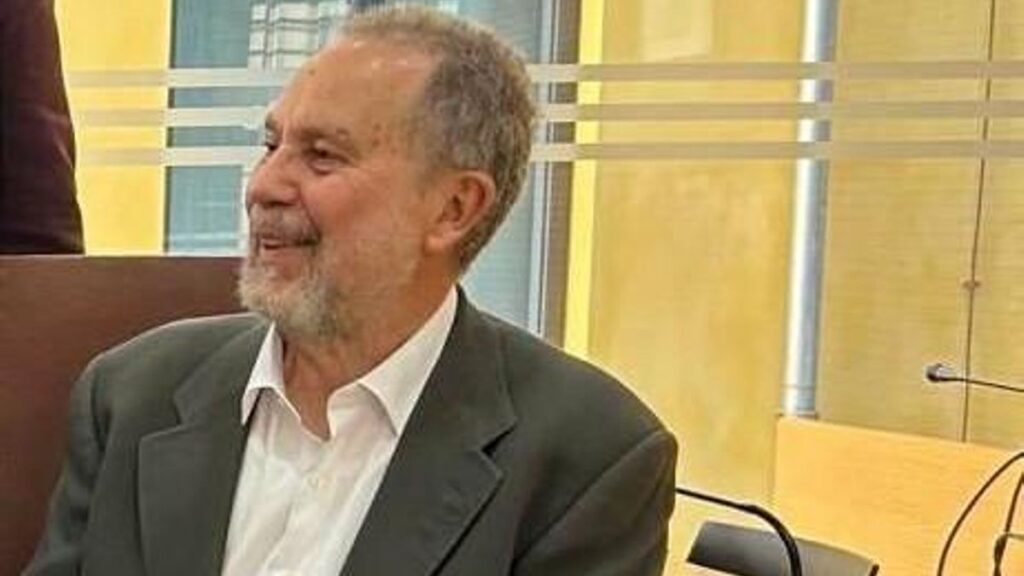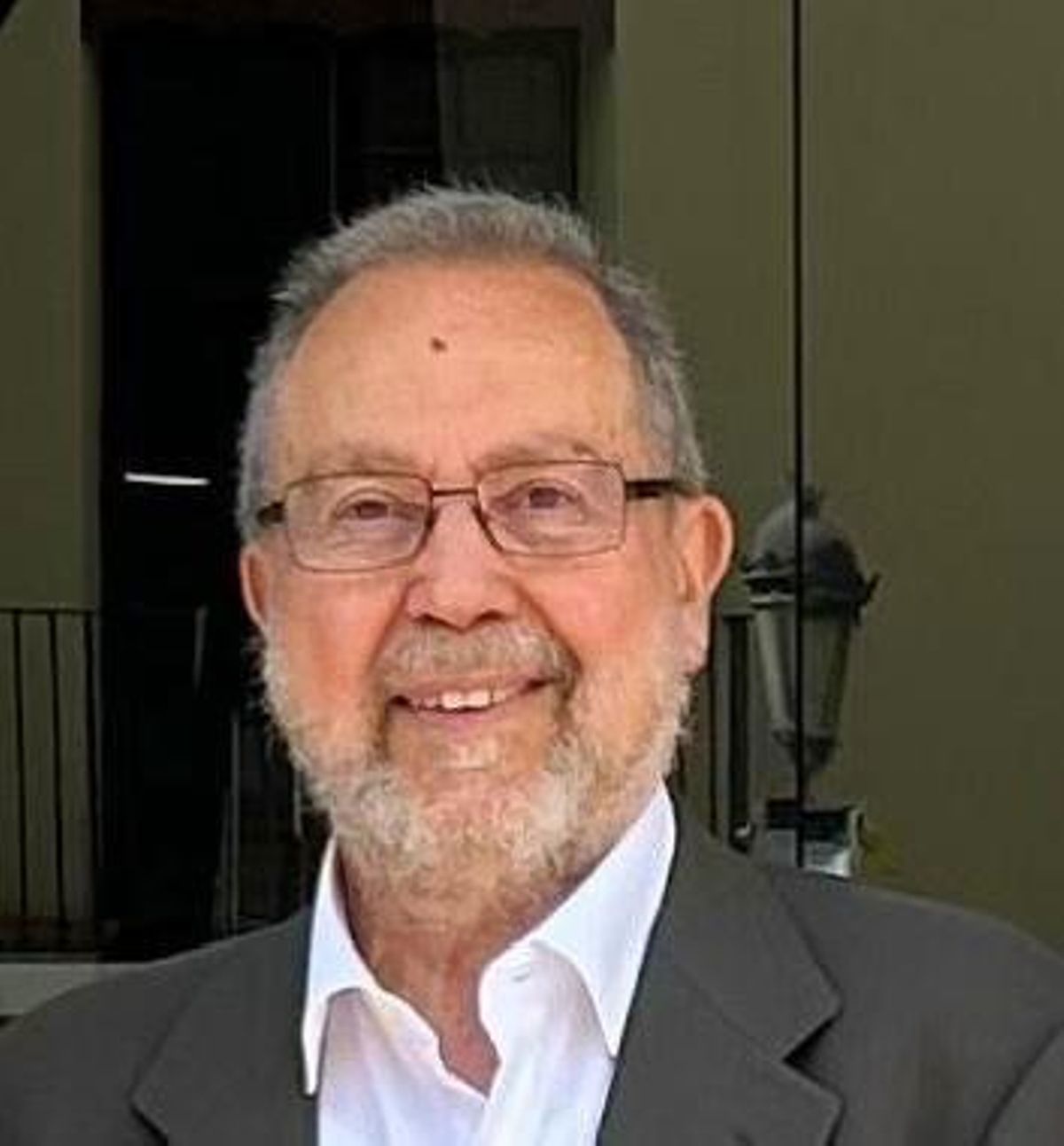
The professor of Catalan Philology of the University of Alicante Brauli Montoya Abbot has culminated a long academic and research career of more than forty years, marked by its deep link with Orihuela and its defense of the linguistic and cultural heritage of the south of the Valencian Community.
Doctor in Philology since 1985, Montoya has been a professor at the universities of the Balearic Islands and Alicante, and is a member of both the Institute Institute of Valencian Philology as well as the Valencian Academy of Language. His research work has focused especially on the historical processes of linguistic displacement in the southern regions of Valencia, with Orihuela as the fundamental axis of his study.

The professor and member of the Valencian Academy of Language, Brauli Montoya / INFORMATION
Link with Orihuela
Since the publication of his doctoral thesis, dedicated to the advancement of Spanish in Orihuela and Elda, in 1987, he has maintained a close relationship with the city, promoting initiatives that have reinforced its recognition as the historical capital of southern Valencia. Among them, his promotion of university internships in the Oriolano archives stands out.an activity that has formed to generations of future researchers and that, on the occasion of his retirement, is consolidated as part of the teaching plan of the University of Alicante. The now retired professor is scheduled to attend the first session of these practices in the 2025-2026 academic year at the Library.María Moliner” and Municipal Archive of Orihuela.
Montoya explains that he keeps the experience of his students in Orihuela from that trajectory. In the case of students from Vega Baja, the “rrecover a language that was theirs, from their ancestors, as a second language in the Valencian Community, that they have discovered like a world.” But also that of the university students from other areas of the Valencian regions who have finally chosen Orihuela and its region as their place of work as teachers.. “On an academic level, in recent years interest has grown… There are students who choose Orihuela to work precisely because of what they have learned.”
Cultural projects
Throughout his career, he has led numerous cultural and academic projects in the city: he organized a doctoral course on the evolution of Valencian in Orihuela (2003), promoted the celebration of the Valencian Language Academy congress in the town (2007), promoted the creation of the “Antoni Almúnia” Conversa Classroom in Valencià (2011), and participated in key publications such as Orihuela, a reference in Valencian history and culture (2007), Language and Identity in Orihuela in Foral Time (2014) o Orihuela. The city, the river and the orchard (2017). Likewise, it has recently supported exhibitions and historical studies, such as La Germanía: a conflict in Renaissance Valencia (2023) and the History of Callosa de Segura: Callosa de Oriola (2023).
variant
In the linguistic field, the professor born in Novelda, has defended the existence of his own variant of southern Catalan, which he calls “l'oriolà”, historically spoken in the old Governació d'Oriola and which still survives in a good part of Baix Vinalopó and the Valls del Vinalopó.
One of his greatest methodological contributions has been the use of judicial statements from the foral era to reconstruct the daily speech of the Oriolanos between the 16th and 18th centuriesmanaging to capture with remarkable fidelity the spontaneity of popular language, including street dialogues and voices from different social strata.
constant voice
Beyond his academic work, Professor Montoya has been a constant voice in the claim of Orihuela and the Vega Baja as essential pillars of the Valencian “mental map.” His legacy, built with rigor and commitment over four decades, leaves an indelible mark on the understanding and appreciation of the linguistic and cultural heritage of the south of the Valencian Community.
“My retirement job will be to investigate how people wrote in Catalan from Orihuela to the Kingdom of Murcia… I have a lot of material and I continue to collect it. Orihuela sent letters in Catalan to Murcia… and the Murcians responded in Spanish. It was normal for a century or century and a half”, Montoya anticipates, who will continue in the gap.
Subscribe to continue reading